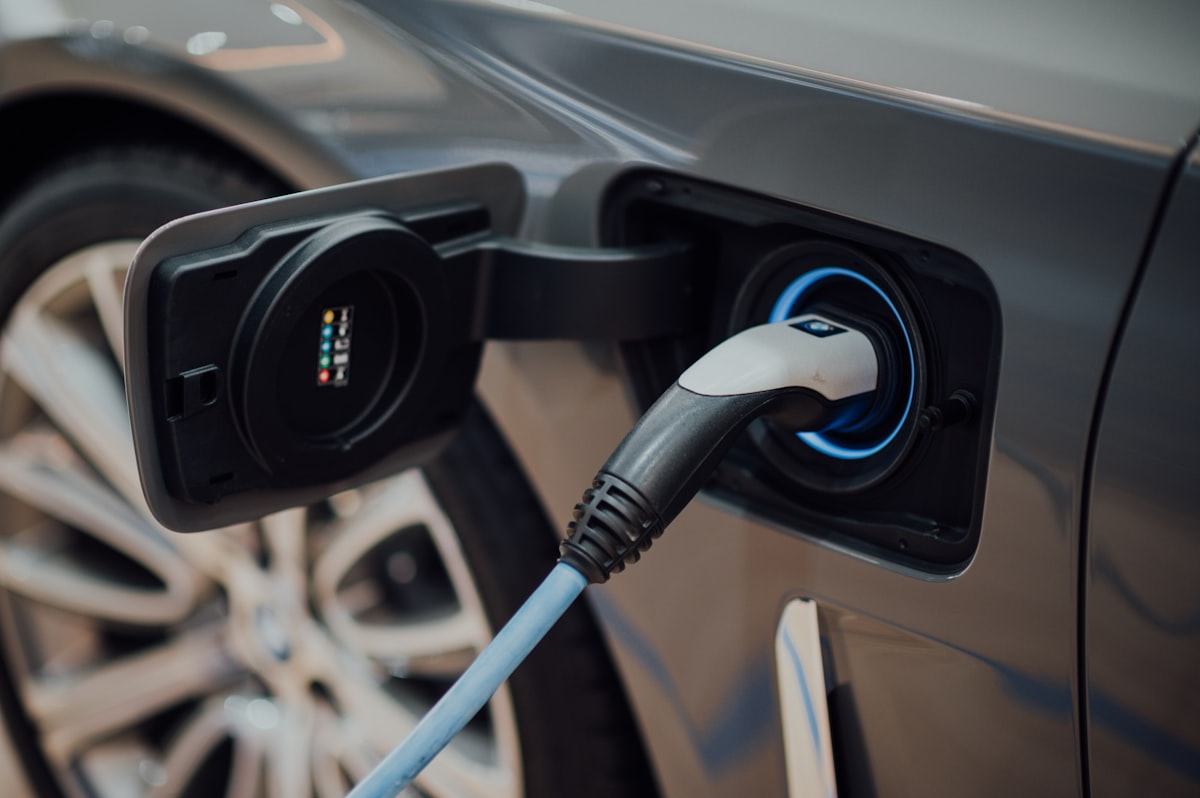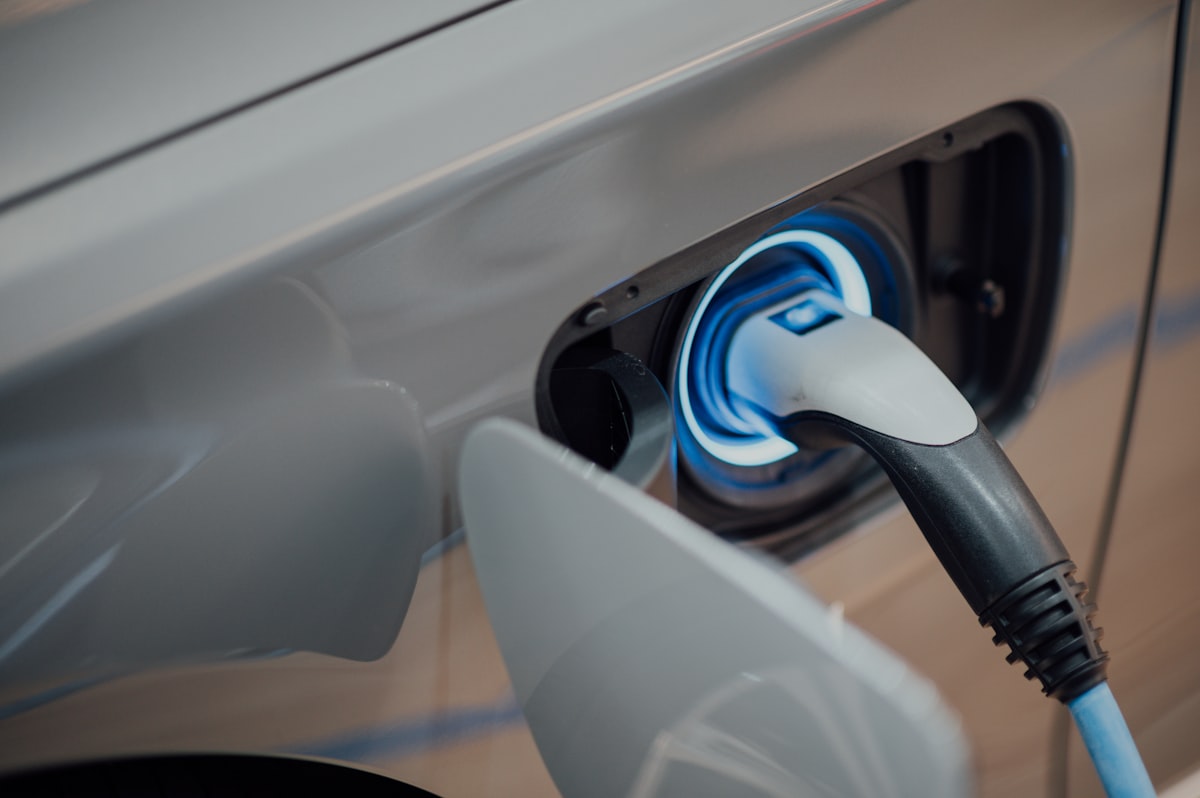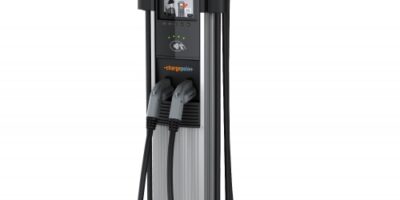Finding the Right EV Charger for Your NW Home
Electric vehicles (EVs) are becoming increasingly popular. Home charging is critical for ensuring your EV is ready whenever you need it. Choosing the right EV charger involves several factors. Here’s how you can make an informed decision.
Understanding EV Charging Levels
There are three levels of EV charging: Level 1, Level 2, and Level 3. Each level varies in voltage and charging speed.

- Level 1: Uses a standard 120-volt outlet. It’s the slowest charging method but doesn’t require special equipment. Ideal if you drive short distances daily. Adds 3-5 miles of range per hour of charging.
- Level 2: Uses a 240-volt outlet, similar to what is used by large home appliances. Faster than Level 1 charging. Adds 12-30 miles of range per hour. Requires a dedicated charging unit and professional installation.
- Level 3: Known as DC Fast Charging. Not typically used for home charging. Found mostly in commercial charging stations. Adds 60-100 miles of range in about 20 minutes.
Home Electrical Capacity
Assess your home’s electrical system before installing a charger. Older homes may have limited electrical capacity. Speak with an electrician to ensure your panel can handle additional load. Upgrading your panel may be necessary for Level 2 charging.
Charger Location
Identify a convenient spot for your charger. Usually, this is in your garage or driveway. Distance from your electrical panel affects installation complexity and cost. Consider the length of the charging cable for easy reach to your vehicle.
Connectivity Features
Modern EV chargers offer smart features. Wi-Fi connectivity can enable you to monitor and control charging remotely. You can schedule charging during off-peak hours to save on electricity costs. Some models offer integrations with home automation systems.
Installation and Permits
Professional installation is recommended for Level 2 chargers. An electrician can ensure everything is up to code. In some areas, permits are required. Check local regulations to avoid any legal hassles.
Brand and Warranty
Choose a charger from a reputable brand. Look for units with a good warranty. This ensures support if something goes wrong. Research customer reviews and feedback to gauge reliability.
Cost Factors
Home chargers range in price from a few hundred to a few thousand dollars. Consider installation costs and potential electrical upgrades. Investing in a high-quality unit may save money in the long term.
Incentives and Rebates
Many regions offer incentives for installing home EV chargers. Check for federal, state, and local rebates. Utility companies may also offer discounts or rebates.
Energy Rates and Usage
Understand your utility’s rate structure. Off-peak rates can significantly reduce your charging costs. Smart chargers can be programmed to charge during these times. Track your energy usage to anticipate any significant increases in your electric bill.
Weather Considerations
The Pacific Northwest has a lot of rain. Ensure your charger is weather-resistant if installed outdoors. Look for chargers with high IP ratings, which indicate strong protection against dust and water. Some models include built-in heaters for colder climates.
Future-Proofing
EV technology is evolving. Choose a charger that accommodates future needs. Higher amperage chargers are more versatile. Ensure the unit can be upgraded or replaced easily as technology progresses.

Portable vs. Hardwired
Portable chargers offer flexibility. You can use them at multiple locations. They typically plug into existing 240-volt outlets. Hardwired chargers are permanently installed. They offer a cleaner look and often more charging power. Consider your lifestyle when making this decision.
Charging Speed
Different EVs accept different levels of power. Check your vehicle’s maximum charging rate. Purchase a charger that meets or exceeds this rate. This ensures efficient charging without wasting capacity.
Making the right choice requires careful consideration of your home’s infrastructure, your vehicle’s requirements, and your daily driving habits. Taking the time to research and plan will ensure a seamless and cost-effective charging experience.
“`
Recommended EV Accessories
NOCO GENIUS10 Smart Charger – $79.95
Advanced battery maintainer and charger.
EV Charging Station Guide
Navigate the EV charging landscape.
As an Amazon Associate, we earn from qualifying purchases.



Subscribe for Updates
Get the latest articles delivered to your inbox.
We respect your privacy. Unsubscribe anytime.